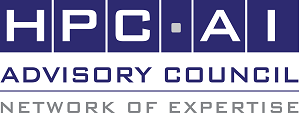<SPONSORED CONTENT> The 2021 ISC Student Cluster Competition (SCC) has wrapped up, and now it’s time to honor the students who participated from around the world, as well as provide a little background on what transpired during the 10th Annual ISC Student Cluster Competition.
But first, a little background. The ISC Student Cluster Competition is an integral part of the ISC High Performance Conference, the world’s oldest, and Europe’s premier, conference and networking event for the international HPC community. Its ongoing success and growing recognition as a world championship are a result of the collaborative partnership between the ISC Group and the HPC-AI Advisory Council. Since 2011, the joint collaboration has focused on introducing science, technology, engineering, and mathematics (STEM) students to the world of possibilities that is HPC – its leaders, opportunities, and community – and helping develop critical skills students will use long after completing their current studies. Thirteen teams from seven countries or regions, comprising six students and up to two advisers, competed in this year’s competition.
To take home the top honors, the winning teams needed to achieve the highest performance across a series of standard benchmarks and applications that include HPC Challenge (HPCC), High Performance Conjugate Gradient (HPCG), High Performance LINPACK (HPL), GPAW, MetaHipMer-2, Weather Research and Forecasting (WRF), and Large-Scale Atomic/Molecular Massively Parallel Simulator (LAMMPS). During a normal/non-pandemic year, teams would perform these tasks on their own systems that they would procure and set up in the conference exhibition hall. This certainly brings its own flavor to the competition, as each system may be unique with different hardware and capabilities while, per competition rules, staying under the maximum allowed wattage. However, like last year, the competition was able to persevere, albeit in a virtual setting. This year, the National Supercomputing Center (NSCC) Singapore and University of Toronto graciously provided the teams access to their leading supercomputers to use during the competition, which they utilized via remote access. Each supercomputer had its own configuration, so that students were able to explore and run applications in a CPU-only environment as well as in one loaded to the brim with GPUs:
- Aspire 1 supercomputer at the National Supercomputing Centre Singapore
-
- GPU nodes: Six NVIDIA DGX™ systems (with eight NVIDIA V100 Tensor Cores, 16GB per DGX) with EDR 100Gb/s InfiniBand networking
- CPU nodes: 1,288 nodes (Intel Haswell E5-2690v3, 2.6GHz) with EDR 100Gb/s InfiniBand networking
- Niagara supercomputer at the University of Toronto
- CPU nodes: 2,000 nodes (Intel Skylake Xeon 6148, 2.4GHz) with EDR 100Gb/s InfiniBand networking
As always, the teams showed tremendous skill and ingenuity as they put the applications and supercomputers to work. In fact, during the GPAW challenge, two teams showed incredible innovation (a key score) by not only noting several bugs but also applying fixes to them. That’s incredible! It’s talent like this, across all the teams, that makes the competition results very close. So close in fact that the difference between first and second place was only several points. Even closer was third and fourth place, which ended with a .30 point differential.
Before we get to the winners, much praise must be made to all the students. The students have worked extremely hard since the competition officially started in May, along with the necessary preparation after their inclusion was announced in December 2020. Combine this with their regular university studies, as well as normal-life disruption due to the ongoing pandemic, they certainly showcased their tremendous fortitude and work ethic. HPC and AI companies or institutions who are hiring should certainly take note of these bright minds. Very special congratulations to the following teams:
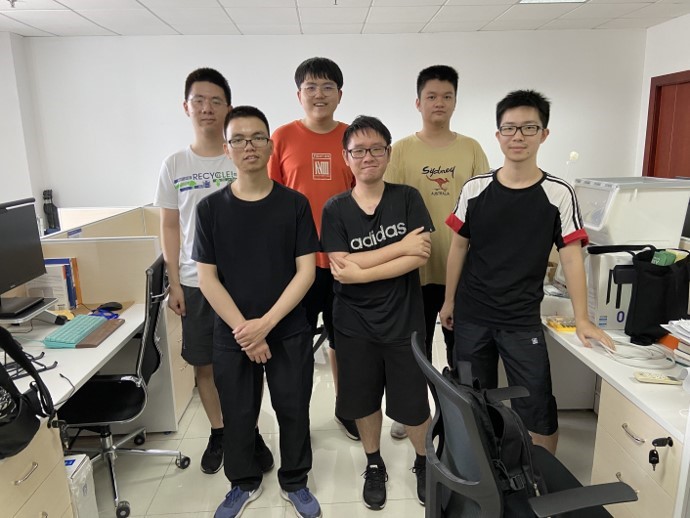
Figure 1: Honorable Mention – Sun Yat-Sen University (SYSU)
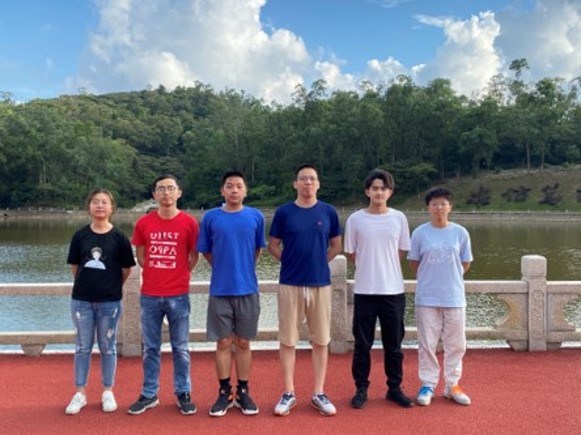
Figure 2: 3rd Place Award – Jinan University
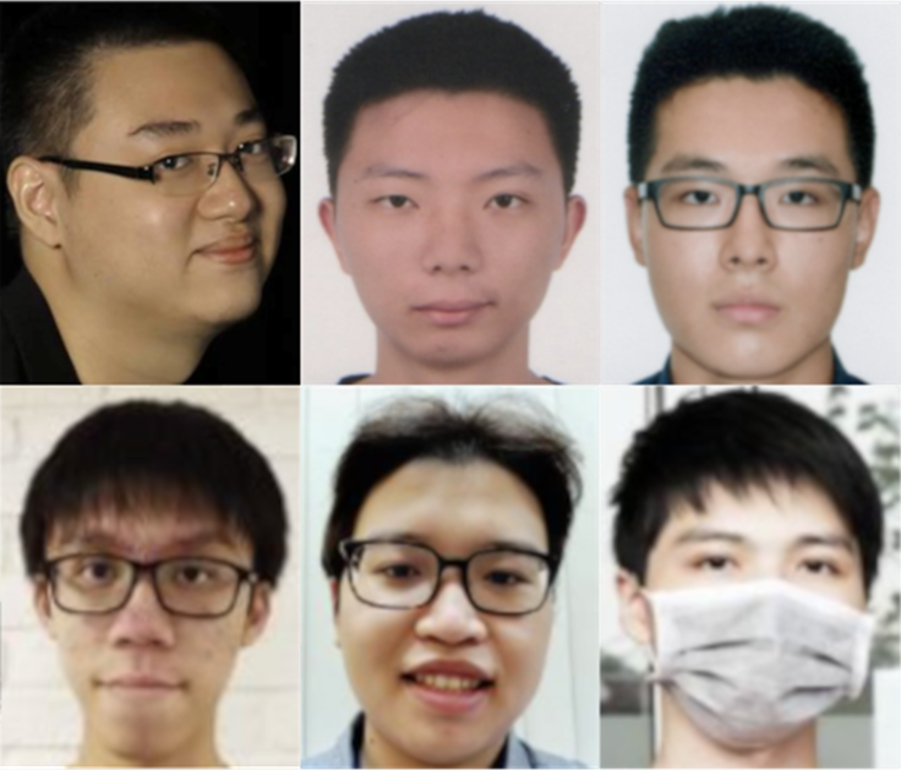
Figure 3: 2nd Place Award – Nanyang Technological University (NTU)
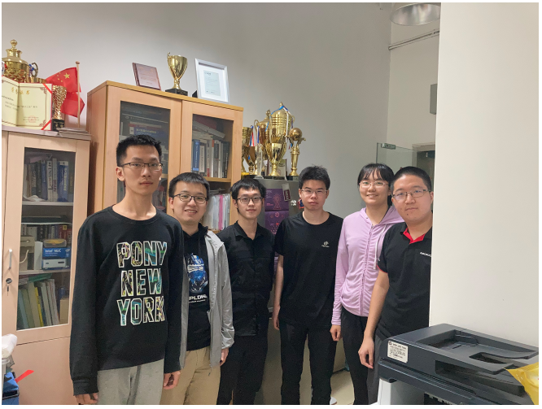
Figure 4: 1st Place Award – Tsinghua University
The Fan Favorite Award is a fun award put together to get teams to think about another important aspect in their career – marketing themselves and their work. Teams took to social media to introduce themselves and highlight their work, bringing faces and personalities to the “virtual competition.” The winner was selected based on how many fan votes they received. Congratulations go to…
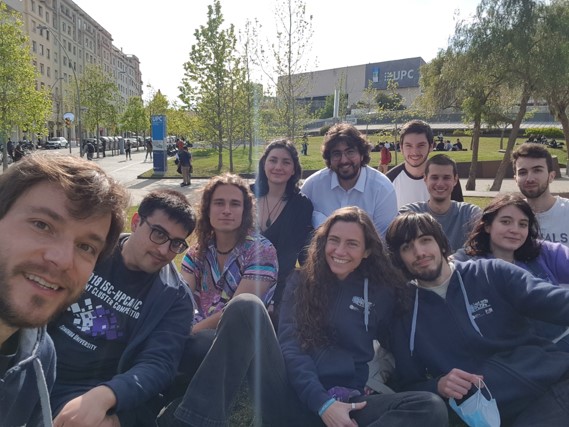
Figure 5: Fan Favorite Award – Universitat Politecnica de Catalunya (UPC)
Thank you again to all the judges, mentors, NSCC and University of Toronto, application owners, and everyone involved in the ISC and HPC-AI Advisory Council organizations. But more importantly, thank you students!
Interested in joining us for the ISC SCC 2022? Registration will open in August! We look forward to seeing more applications and new regions and countries join us.
Author byline:
Brian Sparks is a co-founder of the HPC-AI Advisory Council and responsible for the Council’s worldwide operations and activities. As an avid open-source and developer community organizer, Brian has helped create and foster multiple open, developer communities, including the Open, Domain-Specific Architecture Workgroup (ODSA), which soon merged with the Open Compute Project (OCP), and Open-NFP, a community-driven organization that empowered open and collaborative research in the area of network function processing. Brian has also held marketing working group chair positions in the Unified Communication Framework (UCF) Consortium, InfiniBand Trade Association (IBTA), and the OpenFabrics Alliance (OFA). Brian holds a BA degree in communications from San Jose State University.

